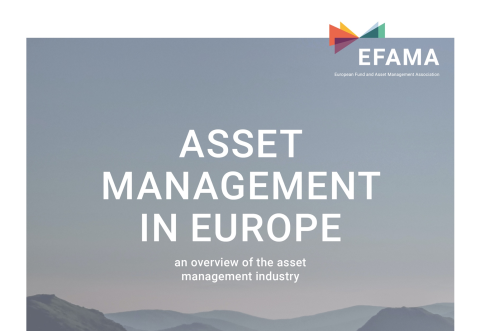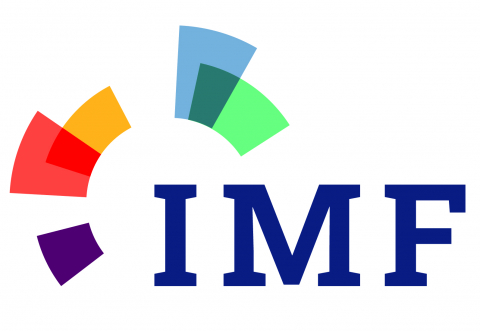Sustainable Finance
The asset management industry plays a key role in meeting the objectives of the European Green Deal to make the EU’s economy sustainable. Our members integrate ESG considerations across their risk management processes and investment decisions. They develop sustainable investment products and foster transparency to fight greenwashing. This increases choice, trust and, in turn, retail investors’ participation. Overall, such efforts mobilise capital towards a fair and just transition to a climate-neutral economy by 2050.
EFAMA actively contributes to the development and implementation of EU’s sustainable finance initiatives. Among them are a comprehensive transparency framework for financial market participants, standards and labels for green financial products, classification of green economic activities and policies enhancing corporate sustainability reporting.
EFAMA's reply to the EC's public consultation on the revision of the Non-Financial Reporting Directive
Joint industry letter - Call for a centralized register for ESG data in the EU
Our associations are committed to supporting the transition to a more sustainable economy and
to tackling climate change that we consider a priority. We strongly support the EU objective of
transforming Europe into the first climate-neutral continent in the world by 2050 and are ready
to contribute as representatives of the financial sector.
Feedback on the development of delegated regulation on climate change mitigation & adaptation
Fund naming guidelines put growth of corporate green bond sector at risk
Clarification is urgently needed to enable rather than restrict EU sustainable investment
The EU has been at the forefront of green bond issuances, demonstrating strong growth and commitment to sustainable finance. However, ESMA’s new Fund Naming Guidelines create inconsistencies with other sustainable finance regulations, like the EU Green Bond Standard, which could hamper the growth of the corporate green bond sector.
Significant growth of sustainable equity funds over the last 5 years
Regulatory clarity required to sustain further growth
Market Insights #18 - Sustainable Equity UCITS
This report looks specifically at the evolving trends of the equity asset class of sustainable UCITS, whose share is the highest (53%) in total sustainable UCITS funds. It highlights their role as investment vehicles in facilitating the green transition. The universe of sustainable equity UCITS funds is defined based on Morningstar’s classification of sustainable financial instruments1. This means funds must claim to have a sustainability objective, and/or use binding ESG criteria for their investment selection.
Market Insights #18 - Sustainable Equity UCITS
This report looks specifically at the evolving trends of the equity asset class of sustainable UCITS, whose share is the highest (53%) in total sustainable UCITS funds. It highlights their role as investment vehicles in facilitating the green transition. The universe of sustainable equity UCITS funds is defined based on Morningstar’s classification of sustainable financial instruments1. This means funds must claim to have a sustainability objective, and/or use binding ESG criteria for their investment selection.
Sustainable Investing Explained in 9 Questions
EFAMA launches its new brochure "Sustainable investing explained in 9 questions".
Despite the growing interest and importance of sustainable investing, most EU citizens often find it difficult to navigate this relatively new investment landscape.
In the brochure we explore :
EFAMA Asset Management Report 2022
EFAMA's latest edition of its 'Asset Management in Europe' report provides an in-depth analysis of recent trends, focusing on where investments funds and discretionary mandates are managed in Europe.
The asset management sector is a crucial one for the European economy, with a key role to play in financing the green transition:



































